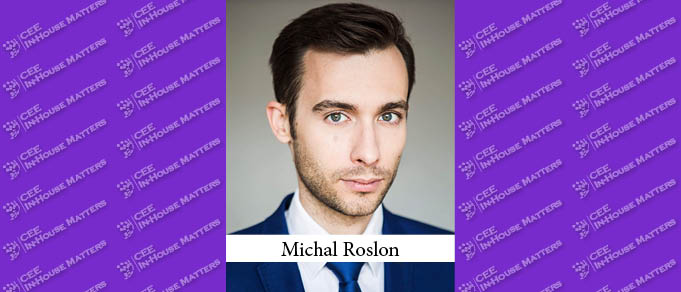Everyone has gone through, or more likely, still is going through particularly difficult times. That includes us, in-house lawyers, who have a perhaps more intimate relationship with their employers than others do. Thankfully, according to the more professional part of the Internet, quite a few of us managed to become better versions of ourselves.
We became true business partners to our employers, we took on a more hands-on approach, we handled more workload, and so on, and so forth. Those are indeed great news but my question to you is: did we really need a pandemic to make us improve?
An in-house lawyer’s job is not an easy one, to say the least. We manage a constant stream of queries spanning all areas of law in an ever-changing legal landscape. In addition, we need to add the human factor, i.e. we have to tailor our replies to not only suit the task at hand but also customize them for the employees acting on our advice so that both the problem and the solution become understandable and manageable. At the same time, we strive for the whole legal procedure to be a positive experience for all parties involved, and hopefully also a learning opportunity for non-lawyers. Did the pandemic change any of that? Of course… not.
Our employers’ priorities may have shifted, but they did so at times even before the pandemic. Priorities changed during especially difficult negotiations? A complex problem has arisen with one of the bigger – but still paying during the pandemic – clients? Unavoidable layoffs are causing mobbing-bordering friction? Nothing new there. We act accordingly, we adapt, we keep up. Such flexibility was always an inherent trait for us.
I have also heard voices that now is the time for in-house lawyers to become business partners and I agree. Such truism is incontestable while at the same time it makes us look smart. So, let me ask you this: when was there ever a time when it was OK for us not to be partners in the business? When have we become so out of touch with reality that such bragging actually became a good idea?
During the pandemic, most of us were suddenly faced with a decrease in funds available for external law firm consultations and we saw a proportional increase in our own workload. But we managed like we always do. And yet, the critical lawyer in me keeps nagging: if the workload increase is manageable while external legal services costs have decreased, then maybe, just maybe, this could have been done before the pandemic struck? Could we have integrated ourselves better into the business processes of our employers and if so, why did this not occur to us before this current crisis?
Based on my own experience, I feel that despite what our titles, pay-checks, and egos tell us, we are still people who succumb to a number of coping mechanisms when dealing with additional pressures. Furthermore, even though we are experts at analyzing situations from a third-party perspective, we fail to apply such skills to ourselves. Maybe it is human nature or maybe we have grown too comfortable in our ivory towers to ask ourselves if we could do a better job.
Maybe, after reaching a certain status – no one has had the courage to question our work culture. And now that we are in a pandemic, some of us are finally opening our eyes and are starting to ask the uncomfortable questions.
To tell the truth, I wanted to begin this editorial with snappy, psychology-backed rhetoric with the Dunning-Kruger effect as the real workhorse – hence the title. However, the beauty of psychology lies in its ruthless objectivity towards all actors in a situation, and that would include me. So, to save face, let me end with this plea. Let’s withhold the bragging, let’s withhold the “my failures made me stronger” stories until we are sure that there really is something to brag about. Remember when at the beginning of our careers, we had to constantly question ourselves? Let’s trace back to the time when we have ceased such practice and ask why. And then let’s bring it back.
By Michal Roslon, Chief Legal Officer, LS Airport Services
This article was published in issue 1.2 of CEE In-House Matters. The full edition is available here in pdf format, here in e-reader format, and here in electronic format.


